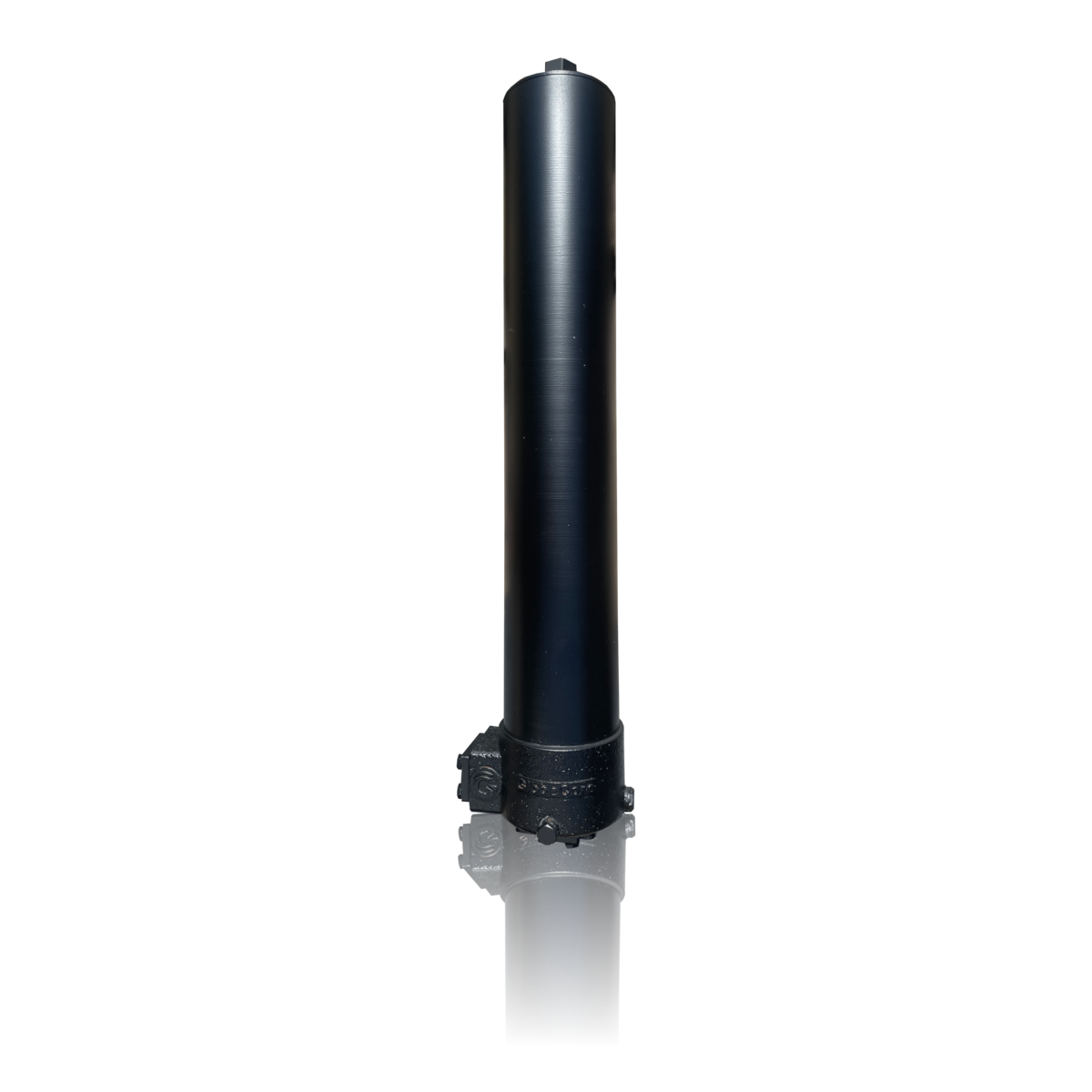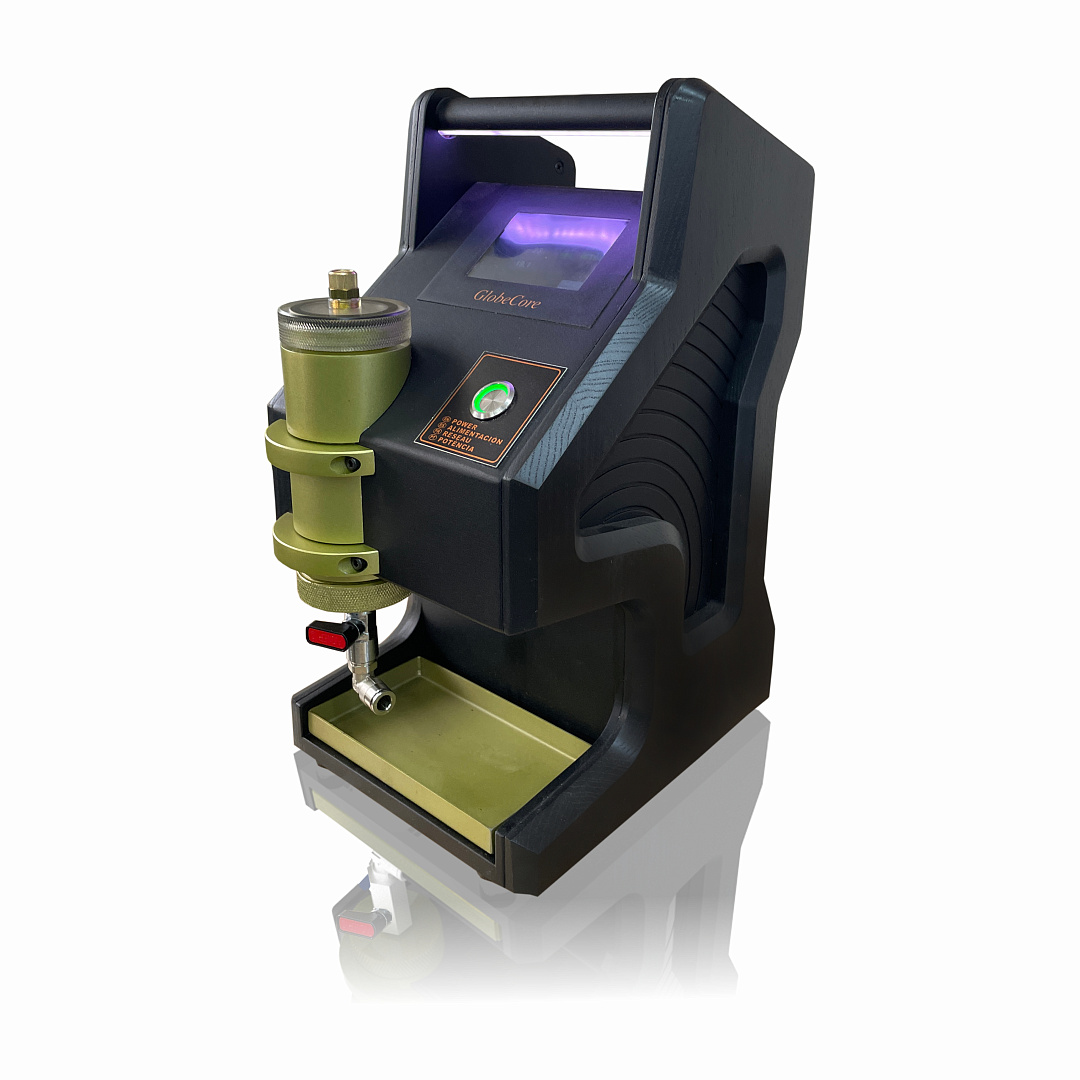Diesel purification
What Diesel Fuel Purification Systems Components are critical for optimal performance?
- This topic has 1 reply, 2 voices, and was last updated 1 year, 4 months ago by .
Answers
-
October 5, 2024 at 4:52 am by David Allen
Critical components of Diesel Fuel Purification Systems essential for optimal performance include filters, pumps, valves, separators, control units, monitoring sensors, and coolers. Filters are the primary component, responsible for trapping particulates, water, and chemical contaminants to ensure clean fuel delivery. High-efficiency filters with fine micron ratings are crucial for removing small impurities. Pumps circulate the diesel fuel through the purification system, maintaining consistent flow and pressure necessary for effective filtration. Valves control the direction and flow rate of fuel, allowing for adjustments and isolation during maintenance. Separators, such as centrifugal or vacuum separators, are vital for removing water and heavier particulates based on density differences. Control Units manage the overall operation, automating settings for flow rate, temperature, and pressure to optimize purification processes. Monitoring Sensors track fuel quality parameters like contamination levels, pressure drops, and flow rates, providing real-time data for system adjustments and maintenance alerts. Coolers maintain optimal fuel temperatures, enhancing filtration efficiency and preventing thermal degradation of diesel fuel. Additionally, sealing and housing components ensure system integrity and prevent leaks, while maintenance ports facilitate easy access for servicing and inspections. Together, these components work in harmony to deliver high-purity diesel fuel, protecting engines from wear and ensuring reliable performance.



